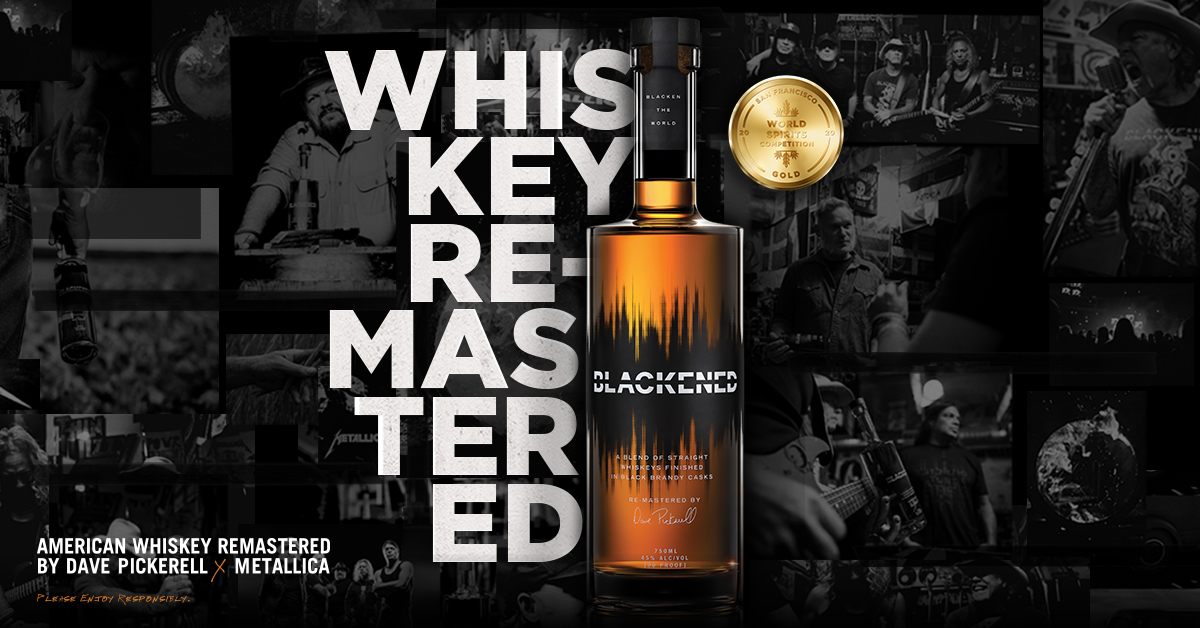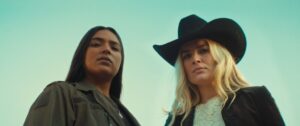In My Blood it Runs, the acclaimed documentary from filmmaker Maya Newell (Gayby Baby) and featuring Dujuan, an Arrernte/Garrwa boy from central Australia, will be screened at the United Nations tomorrow with the support of the Australian Government and the Australian Human Rights Commission.
Dujuan and filmmaker Maya hope that the screening and opportunity to speak to experts at the United Nations will bring about change to Australian education and youth justice systems that harm Aboriginal children.
Dujuan, Maya Newell, his grandmother and his father will meet with the UN Committee on the Rights of the Child in advance of their review of Australia.
Dujuan will also deliver a public statement to the UN Human Rights Council, calling on the Australian Government to stop locking up kids. Dujuan’s message builds on the voices of legal, health and child rights organisations calling on Australian Governments to raise the age of criminality responsibility in Australia.
Right now across Australia, children as young as 10 can be arrested by police, charged with an offence and locked away in a youth prison. Australia has one of the lowest ages of criminal responsibility in the world. Dujuan himself was 10 when he came to the attention of police and at put at risk of ending up in the notorious Don Dale youth prison.
Dujuan, who is now 12, said: “I am excited to go to Switzerland because I have never been there before. I am a bit shy to speak to all the countries at the United Nations because adults never listen to kids – especially kids like me. But we have important things to say. I am going to speak in United Nations because our government is not listening. Maybe over there, they will.”
Megan Mitchell, National Children’s Commissioner at the Australian Human Rights Commission, said: “It is clear that education, welfare and justice systems fail many Indigenous young people in Australia. The film shows the reality of this for too many children.”
Shahleena Musk, Larrakia woman and Senior Lawyer at the Human Rights Law Centre said: “Right now governments across Australia are using police, courts and prisons to hurt and harm our children. Our governments have set laws that allow 10 year old kids to be arrested, charged and locked away. We are proud to be supporting Dujuan to tell the UN Human Rights Council that this needs to change. Children should be in classrooms and playgrounds. They should be with their families and in their communities. They should not be forced into the quicksand of the criminal legal system.”
Rodney Dillon, Palawa Elder and Indigenous Rights Adviser at Amnesty International, said: “On top of the many human rights, legal and medical experts calling for the age of criminal responsibility to be raised to at least 14, nearly 25,000 people have signed the Amnesty International petition calling on all governments to act. Dujuan will be a strong voice at the United Nations Convention of the Rights of the Child. His story is reflective of so many young Indigenous kids who need the government to be doing more to ensure they have the support to live happy, healthy and thriving lives.”
Margaret Anderson, Dujuan’s grandmother, said: “I didn’t realise how big, scary and important the United Nations was until now. I am nervous, but I am glad we are going because I want to see some changes for the treatment of our children.”
A statement from Dujuan was recently read in the NT Parliament by Namatjira MLA Chansey Peach
and Dujuan has spoken at sold out screenings of In My Blood it Runs at the Sydney Film Festival and Melbourne International Festivals.
The film follows 10-year-old Dujuan, a child-healer, a good hunter and speaker of three languages as he is pushed out school and facing increasing scrutiny from welfare and the police. As he travels perilously close to incarceration, his family fight to give him a strong Arrernte education alongside his western education lest he becomes another statistic.
Dujuan, his grandmother Margaret Anderson, Maya Newell, Megan Mitchell, National Children’s Commissioner at the Australian Human Rights Commission, and representatives from the Human Rights Law Centre, Amnesty International and Children’s Ground are available for interviews in Australia or Geneva.
A coalition of First Nations educators is being supported by Children’s Ground who is evidencing a systems approach to preventing children ending up in in incarceration and welfare, by focusing on their strength of culture and quality education (https://www.childrensground.org.au).
Children’s Ground is a human rights organisation led by First Nations people and bringing about change to prevent children and young people entering the criminal justice and welfare systems or taking their own lives. Championing identity, strength of culture, quality education and local agency it is creating the conditions so that young people have the right to grow up enjoying both their cultural freedoms and the opportunities of a global society. Focusing on systems change, Children’s Ground is supporting a coalition of First Nations educators to lead national reform in education. (https://www.childrensground.org.au).
Chairperson of Children’s Ground and film advisor William Tilmouth is an Aboriginal man who was himself incarcerated as a young man is determined to bring about real change. “The trouble is, we throw all the money after the damage is done. There’s nothing helping to work on the prevention of what’s happening downstream.”






